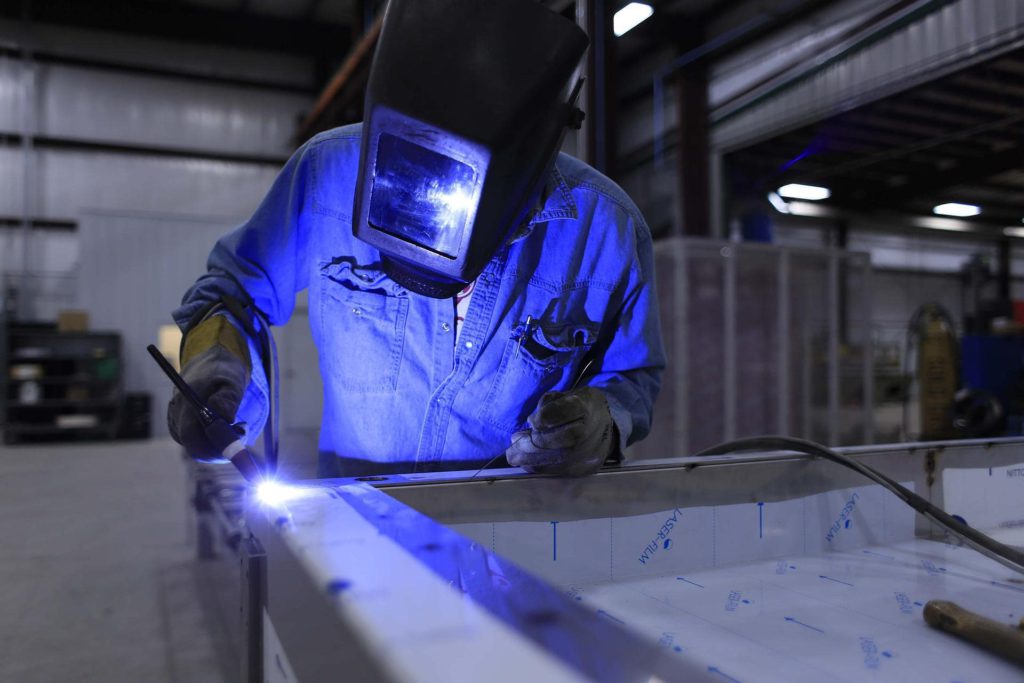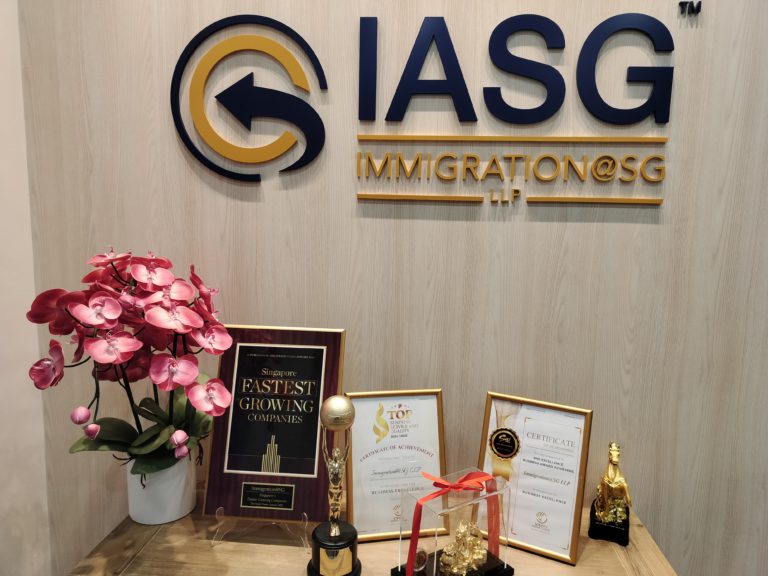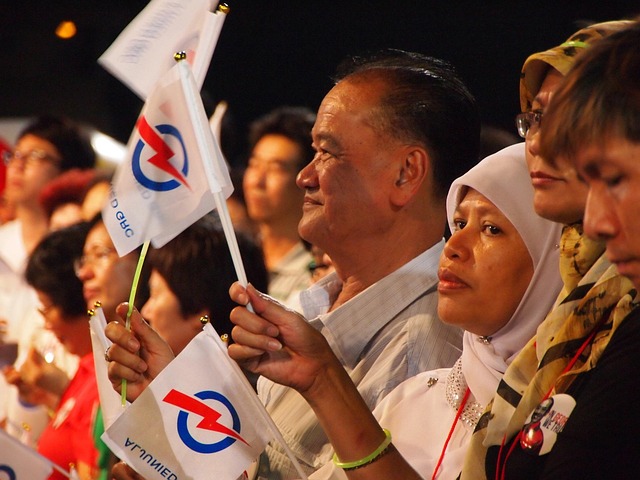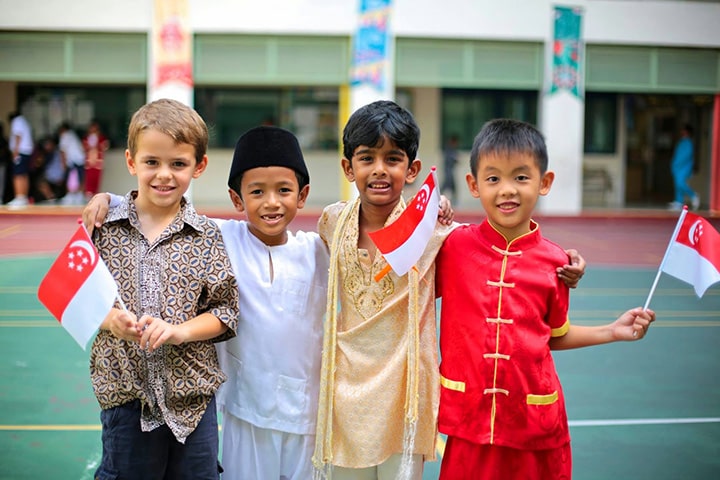With the rise of technology, the manufacturing sector in Singapore has seen increase in output to keep up with the demand. Being one of the most stable sector in the Singapore economy, this has a positive outlook.
SG’s Growing Manufacturing Industry & Impact on Immigration
Singapore’s thriving manufacturing industry has been the key driver of its economic recovery in a post Covid-19 world, with gains in the manufacturing sector undoing the last three quarters of economic contraction. As the sector continues to grow despite the setbacks brought about by the pandemic, the Trade and Industry Minister Chan Chung Sing has set a massive undertaking for the sector as a whole: to maintain the 50% growth achieved by the sector in the last decade, for the next decade ahead.
The manufacturing industry in Singapore accounts for 21% of the country’s entire Gross Domestic Profit (GDP). As such, the heightened focus on this industry to perform and continue performing is extremely crucial. The target to maintain that 50% growth for the next decade is critical to Singapore’s vision of building and safeguarding a diversified economy that is resilient in times of economic downturn, like the Covid-19 pandemic. In 2020, when the pandemic was at its peak, the manufacturing sector in Singapore still managed to grow by 7.3%.
Singapore’s Manufacturing Outlook 2021
Historically speaking, Singapore has managed to keep up with a high percentage of growth in the industry as it has committed to bringing in global manufacturing leaders to help develop our small-and-medium enterprises (SMEs) in this sector. Now, it is a global name in advanced and high-tech manufacturing. Singapore’s semiconductor companies account for 20% of the global output and it is the fourth-largest high-tech exporter in the world.
However, the country cannot rely on just its past and current accolades to maintain a 50% growth for the next decade. It needs to rely increasingly on the future of manufacturing such as:
- Biomedical Sciences;
- Agri-Tech;
- Urban Mobility;
- Sustainability.
Right now, for Singapore to remain competitive in manufacturing (a sector greatly influenced by new technologies) there are key skills that the country is valuing to help it achieve its target:
- Highly skilled professionals that are able to innovate in both products and processes;
- Highly skilled professionals that are able to adapt to the changing industry;
- Highly skilled professionals that have an exceptional/stand out proven track record in the manufacturing industry;
- Highly skilled professionals with advanced soft skills like: learnability, curiosity, agility and collaboration.
What Does This Mean For Immigration into Singapore?
With Singapore’s heightened focus on the manufacturing industry, and its drive to ensure the industry remains bolstered, resilient, competitive and cutting-edge, key professionals in this industry are becoming extremely desired. These candidates would be seriously considered to remain in Singapore long-term as PRs, and even new citizens. Nonetheless, we do have to bear in mind that meeting this criteria does not definitively guarantee one of an approval outcome.
Whilst candidates that meet the mark in this industry will be favoured when their profiles are undergoing review, there are other policies and goals that the country has to consider before giving an approval outcome, to ensure all the other socioeconomic metrics are not being upset. In order to truly know where you stand, you would need not just an immigration expert, but also an expert on Singapore policy and trends that affect a candidate’s profile when they apply for their Permanent Residence or Citizenship status in Singapore.
Ultimately, Singapore maintains its commitment to remaining open to foreign professionals. It is extremely invested in the manufacturing sector, creating a unique opportunity for interested sector professionals to apply for their Permanent Residency or Citizenship wisely and diligently.







